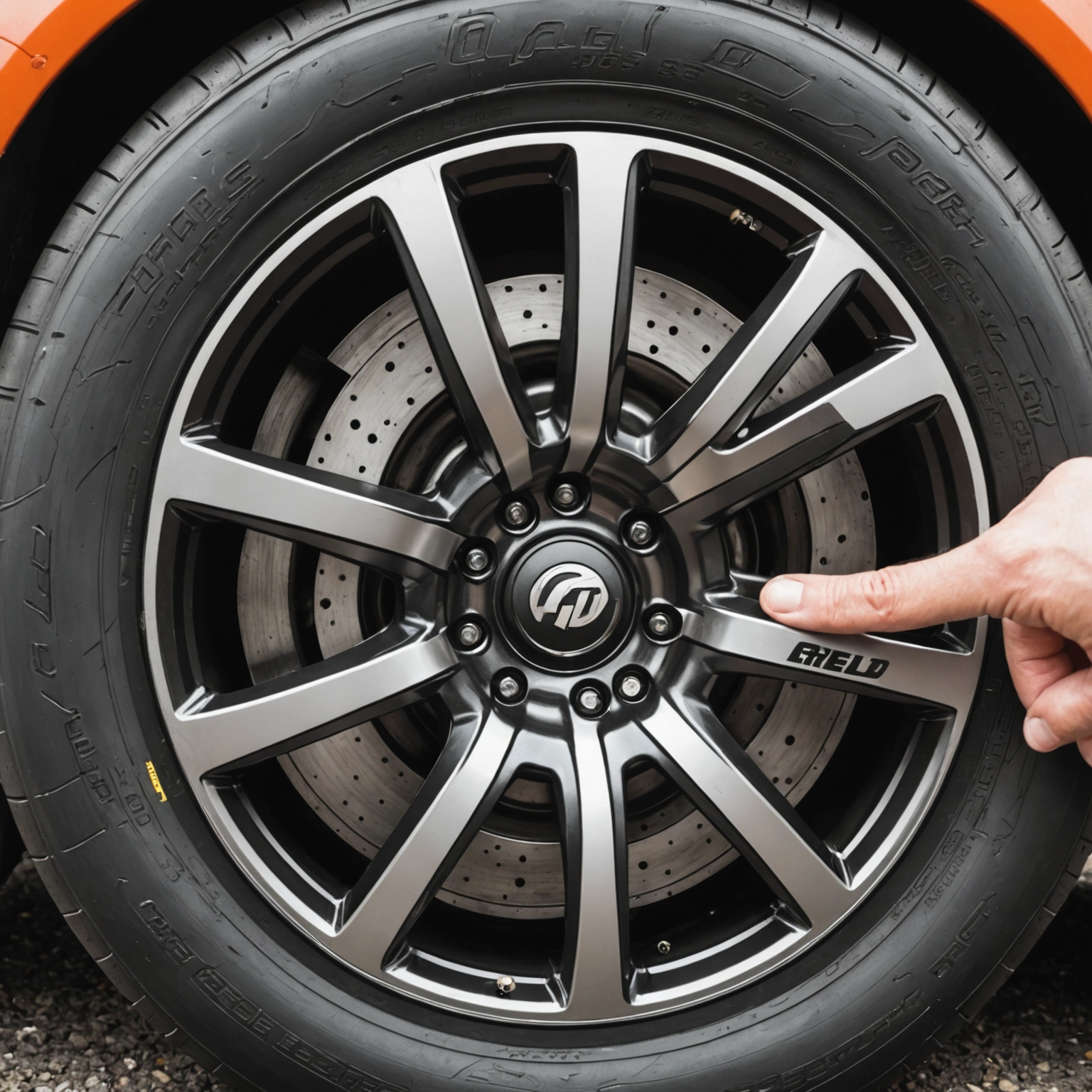**Are Tire Plugs Legal? A Comprehensive Guide for Drivers**
When it comes to maintaining your vehicle’s safety and ensuring smooth driving, tire repair is a common concern for many drivers. Among the various methods to fix a flat tire, using a tire plug is a popular and cost-effective solution. But a question often arises: *Are tire plugs legal?* Let’s explore this topic to help you understand the legal aspects and best practices surrounding tire plug repairs.

### What Are Tire Plugs?
Tire plugs, also known as tire patches or repair plugs, are rubber or rubber-like materials inserted into a puncture or hole in the tire’s tread area. They’re designed to seal the damage and restore the tire’s integrity, allowing you to continue driving safely.

### Are Tire Plugs Legal?
**In most jurisdictions, tire plugs are legal for temporary or emergency repairs, but there are important considerations:**

– **Temporary vs. Permanent Repairs:**
Tire plugs are generally considered a temporary repair method. Many state and federal regulations allow their use for roadside or emergency fixes, especially if the tire is still within the manufacturer’s repair guidelines. However, they are often not approved as permanent solutions for all types of damage.

– **Manufacturer Recommendations:**
Vehicle and tire manufacturers often specify acceptable repair methods. For example, many recommend patching the inside of the tire (internal repairs) rather than just plugging the outside, especially for larger punctures or sidewall damage.
– **Regulatory Standards:**
The U.S. Department of Transportation (DOT) does not explicitly prohibit the use of tire plugs, but it mandates that tires used on the road must meet safety standards. Proper repair procedures, including using certified materials and following industry guidelines, are essential for legality and safety.
– **State and Local Laws:**
Some states or local jurisdictions may have specific regulations regarding tire repairs, especially for commercial vehicles. It’s advisable to check with your local Department of Motor Vehicles (DMV) or equivalent authority.
### When Are Tire Plugs Suitable?
– **Small punctures in the tread area:**
Typically, up to 1/4 inch (6mm) in diameter.
– **Damage away from sidewalls:**
Punctures on the sidewall or shoulder are generally not repairable with plugs due to structural integrity concerns.
– **Tire is otherwise in good condition:**
The tire should not be excessively worn or damaged beyond the puncture.
### Best Practices for Tire Repairs
– **Use certified repair kits:**
Ensure you use a quality, industry-approved tire repair kit designed for plugs.
– **Follow manufacturer guidelines:**
Always adhere to the repair procedures outlined by the tire manufacturer or industry standards (such as those from the Rubber Manufacturers Association).
– **Consider internal repairs:**
For a more permanent fix, a professional patch from the inside of the tire is often recommended.
– **Replace if necessary:**
If the damage is extensive, or if the tire has multiple repairs, replacement is the safest option.
### Conclusion
While tire plugs are generally legal for temporary repairs in many regions, they are not always considered a permanent solution. For long-term safety and compliance, it’s best to have your tire inspected and repaired by a professional, who can perform internal patches if appropriate. Always check your local laws and manufacturer recommendations to ensure your repair method is both legal and safe.
**Remember:** Safety first—if in doubt, consult a tire professional or mechanic to determine the best course of action for your specific situation.

